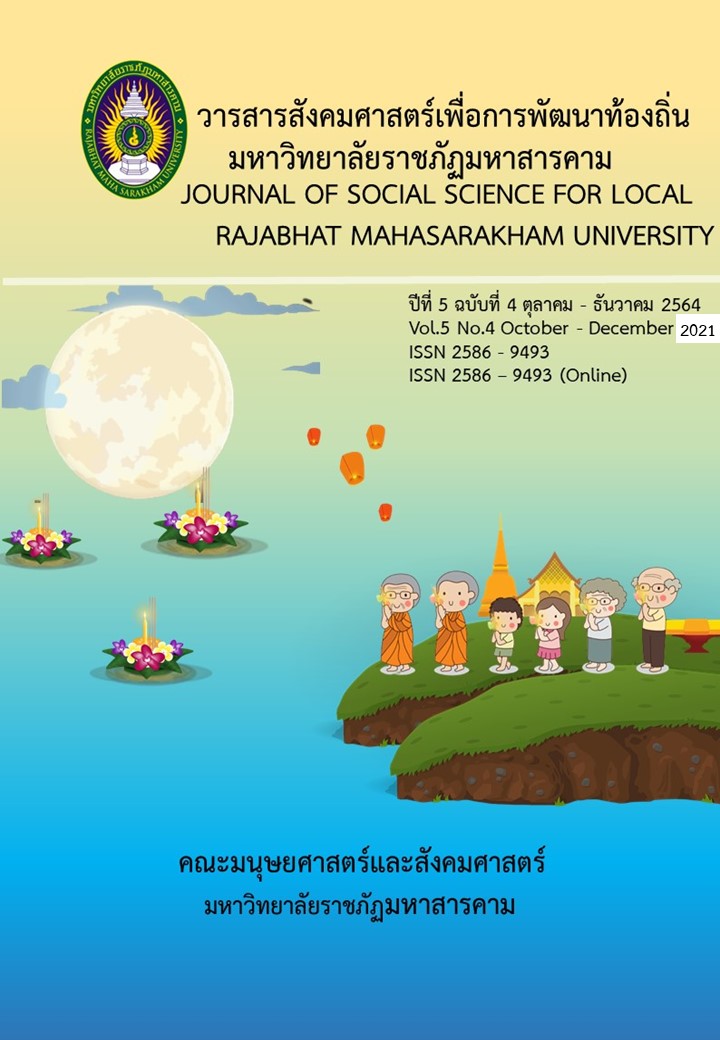Natural Impact Assessment of Laos-China Hydropower Projects in View of the Extension Theory.
Keywords:
Transnational Hydropower Project, Environmental Impact Assessment, Extension TheoryAbstract
With its cleanliness and low price, hydroelectric power has gradually become one of the first choices for energy development around the world. Laos is rich in hydropower resources, attracting a large number of Chinese companies to invest in hydropower projects, making great contributions to social and economic development. However, the development and construction of the projects have both positive and negative impacts on the environment. The stability in the environment has a profound impact on the overall sustainable development of the region. This study, thus, aimed to assess the environmental effects of the Laos-China multinational hydropower projects. This paper designed a natural impact assessment index for hydropower projects from three sources: water resources, land resources, and atmospheric resources adopting the Nam Lik 1-2 hydropower station in Laos as a sample. The data related to impacts on the environment in Laos from 2009 to 2016 were analyzed in view of the extension theory. The results show that the construction of the Nam Lik 1-2 Hydropower Station has caused fluctuations in the environmental benefits in Laos. Controlling water resources by hydroelectric power station projects is the main driving force for sustainable development. At the same time, it is necessary to continuously strengthen pollution prevention and control in order to advance the security of the ecosystem.


